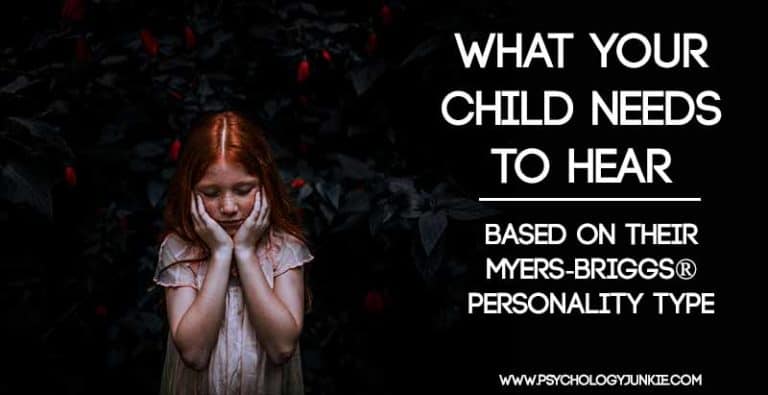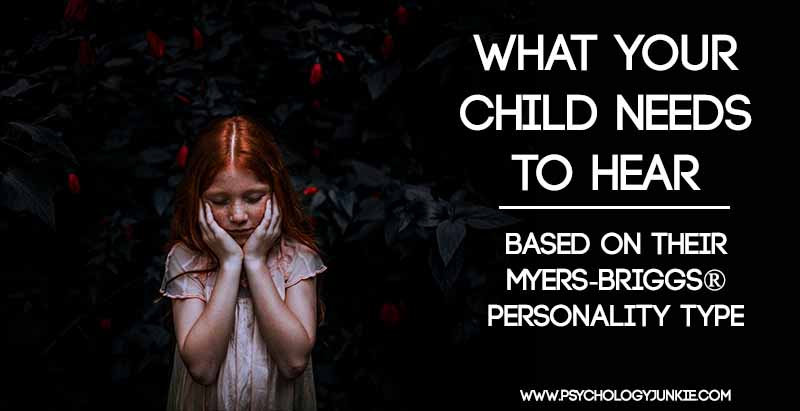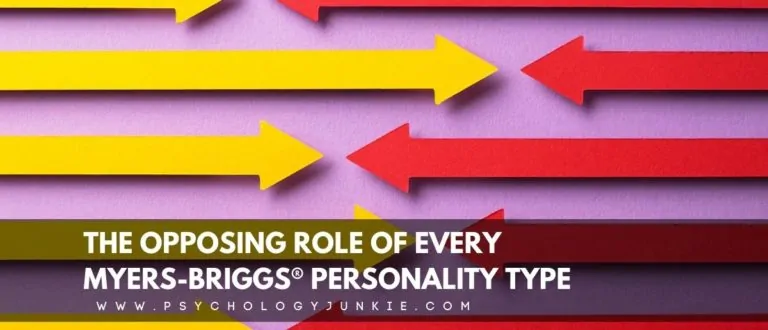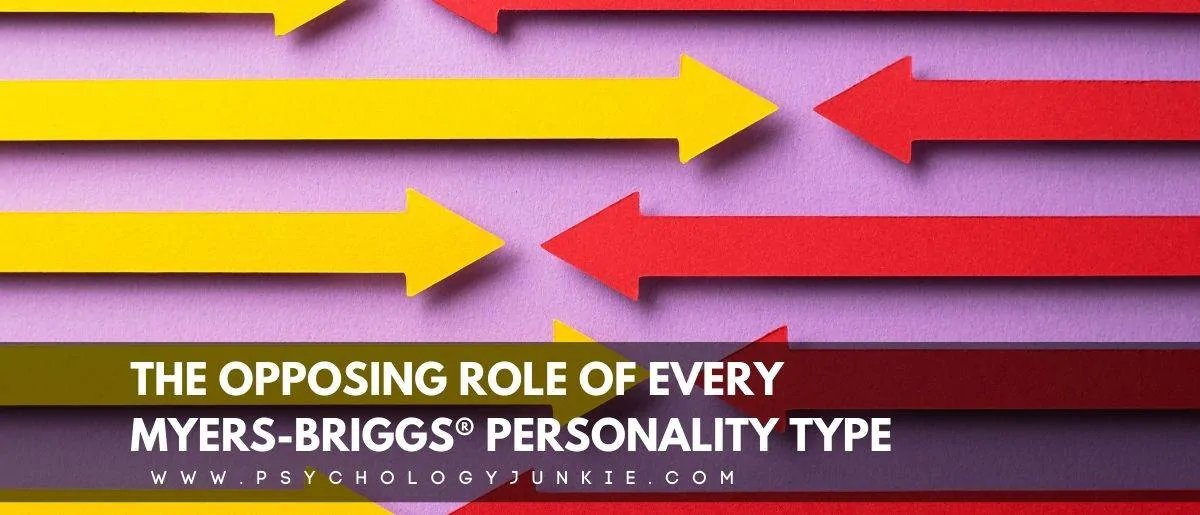10 Things You Should NEVER Say to an ESFJ
ESFJs are known as “The Caregivers” in many type descriptions. They are known for their generosity, attention to detail, and loyalty. That said, there are certain things that they really hate to hear, even from their closest friends. What are they? Let’s find out!
Not sure what your personality type is? Take our new personality questionnaire here. Or you can take the official MBTI® here.

This post contains affiliate links. I only recommend products I truly believe in.
#1 – “You’re Not Doing Enough”
ESFJs are hard workers and are especially dedicated to the people they love. Being told their efforts aren’t enough is a major slap in the face to them. Many times these kinds of comments come from people who either don’t see all the work they are doing behind the scenes or from people who are just trying to take advantage of their generosity.
#2 – “You Try Too Hard”
On the flip side of “you’re not doing enough” is the “trying too hard” sentence. ESFJs care a lot about the needs and desires of the people around them. It’s built into who they are, and when people find a reason to get annoyed at them because of it it’s insulting. If you’re a thinker and you’re reading this, it’d be like saying “You think too much” (this is a major turn-off for thinking types). Yes, ESFJs try. They try very hard to care for their loved ones. Sometimes they could use a break, but their tendency to care isn’t something to be patronizing about. If you’re telling them they try too hard because you really want to give them a break, try to word it as “You need a break. Let me help you!” This will come across much better.
#3 – “Your Feelings Don’t Matter”
ESFJs have very strong values and their feelings about things stem from their ethics and sense of right and wrong. If something conflicts with their values it does matter to them and it’s probably a good idea to hear them out. Any type is capable of being emotionally unreasonable, but you have to know the difference between what is unreasonable and what is a true conviction that needs attention.
#4 – “Don’t Take It So Personally!”
ESFJs tend to take things personally and are very careful about how they give criticism. If you have to critique something an ESFJ is doing, try to mention points of agreement or affirmation simultaneously. If they do get offended don’t mock or patronize them as that will only frustrate them further.
#5 – “Oops, I Forgot About Our Plans!”
ESFJs are extremely dedicated to keeping their commitments. Forgetting about engagements, showing up late, or constantly shirking appointments and meetings will really get on their nerves and says to them that you don’t really care that much about the relationship or friendship.
#6 – “Rules Are Made to be Broken”
While many ESFJs can understand the logic behind rule-breaking, they tend to adhere to rules. Usually when people make a statement like the one above it’s to make the ESFJ feel like a “goody goody”. Nobody likes this.
#7 – “You’re Too Bubbly/Fake”
ESFJs tend to be enthusiastic and affirming friends. They try to find points of agreement with people and strive to keep the morale at a good level. Sometimes their warmth and friendliness is met with skepticism by other types. While unhealthy ESFJs can be overly people-pleasing or phony, most average or healthy ESFJs are genuine people who really care about having an atmosphere of harmony. Don’t misunderstand their gregariousness for phoniness!
#8 – “I Was Just Messing With You”
Trolling, teasing, and manipulating someone just to get a reaction is a major pet peeve of ESFJs. They care a lot about words and the effects they have and will be majorly turned off by people who use them to tease/mock/or belittle other people.
#9 – “I Don’t Care”
This one’s pretty obvious. Letting an ESFJ know that you don’t care about what they’re saying or doing will always make them feel trivialized. Even if they’re asking you what you want for dinner it’s good to give some kind of opinion or at least several options to choose from.
#10 – “Let’s Put This Off Till Later”
ESFJs tend to be very goal-oriented and productive people. They like to have closure and finish projects/tasks right away. Putting things off and procrastinating causes them stress and frustration.
What Do You Think?
Do these statements bother you or do you have different ones to add? Let me know in the comments!
Find out more about your personality type in our eBook, Discovering You: Unlocking the Power of Personality Type.
Other Articles You Might Enjoy:
6 Major Misconceptions About Feeling Types
10 Stress-Busting Tips for ESFJs
What Each Myers-Briggs® Type Needs in a Relationship
The Top 7 Gift Ideas for ESFJs
















Wow, every one of these made me wince! You hit the nail right on the head! ?
I really enjoy your blog; it’s been so helpful to me in figuring out my type and understanding other types better. Thank you!
Thank YOU for reading! I’m so glad you’re enjoying the site and I’m always thrilled to meet an ESFJ 🙂
Omg I wish I could send this to everyone in my life and they read and follow it. Every thing that I read in Susan’s articles are exact. Thank you for letting me know someone in this world gets me.
Ok..INFJ here…just spent two entire days chatting with 8th grade fling who is married for 31 years and I’ve never been married or children. We are 51 and I am an exercise physiologist practicing. Tonight she got worked up and couldn’t sleep as hubby’s on couch for some reason she took test and is this type Esfj-t..whats the t mean? What do I do about this since she’s not happy she said. Wants me to visit now.
Boom! Wow… I’m thinking, does she know me personally lol?
The other thing that really frustrates me is being critical of the way I interact with other people (since that’s my specialty) or telling me that I am not doing it right (because I’ve already researched how to do it right or I wouldn’t be doing it)
Even when my children have issues with my staff (who work in my home) I feel guilty as if I should have seen it coming and prevented it somehow. If they criticize them, they are criticizing me… that’s what my brain tells me.
There is a way to help me constructively see a situation and that is usually by inquiry. Questions like “Looks like that was a tough conversation, how do you feel about it? Is there another approach you think could have given a different outcome?” Or other non-judging questions that include an empathetic statement at the beginning.
This was so SPOT ON!
Susan, you’ve done it again. I appreciate you putting this out for others to try and understand how a person such as myself operates. The most saddening thing for me is that I hear a lot of these statements from my wife and it affects me so negatively that it makes me physically I’ll but there is a silver lining. We’ll be starting couple’s therapy soon. Thank you for shining a light on all the things I feel but unable to say.